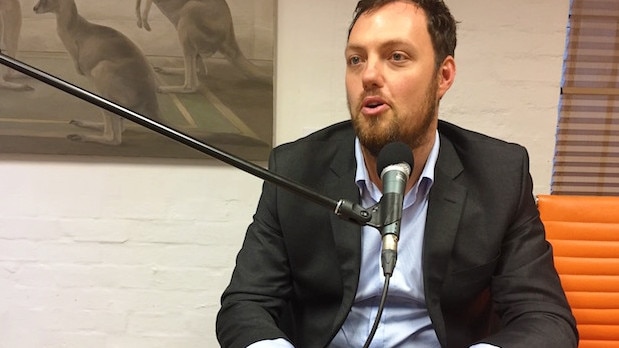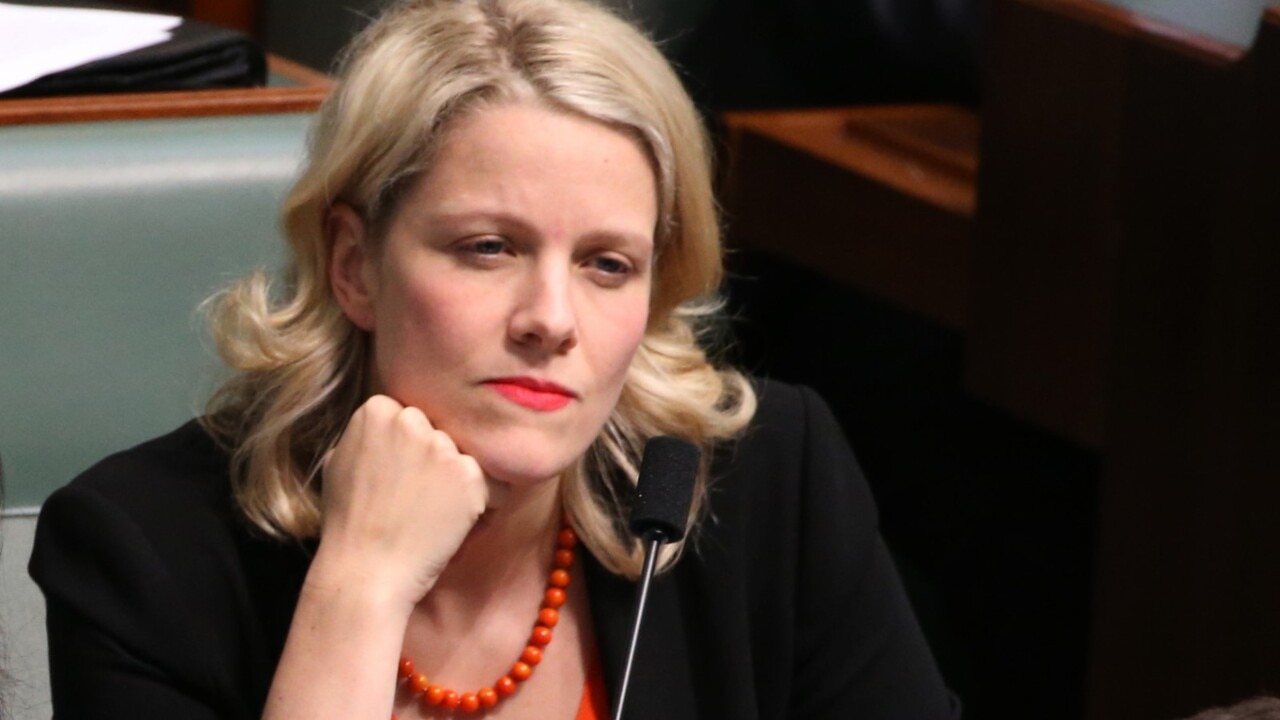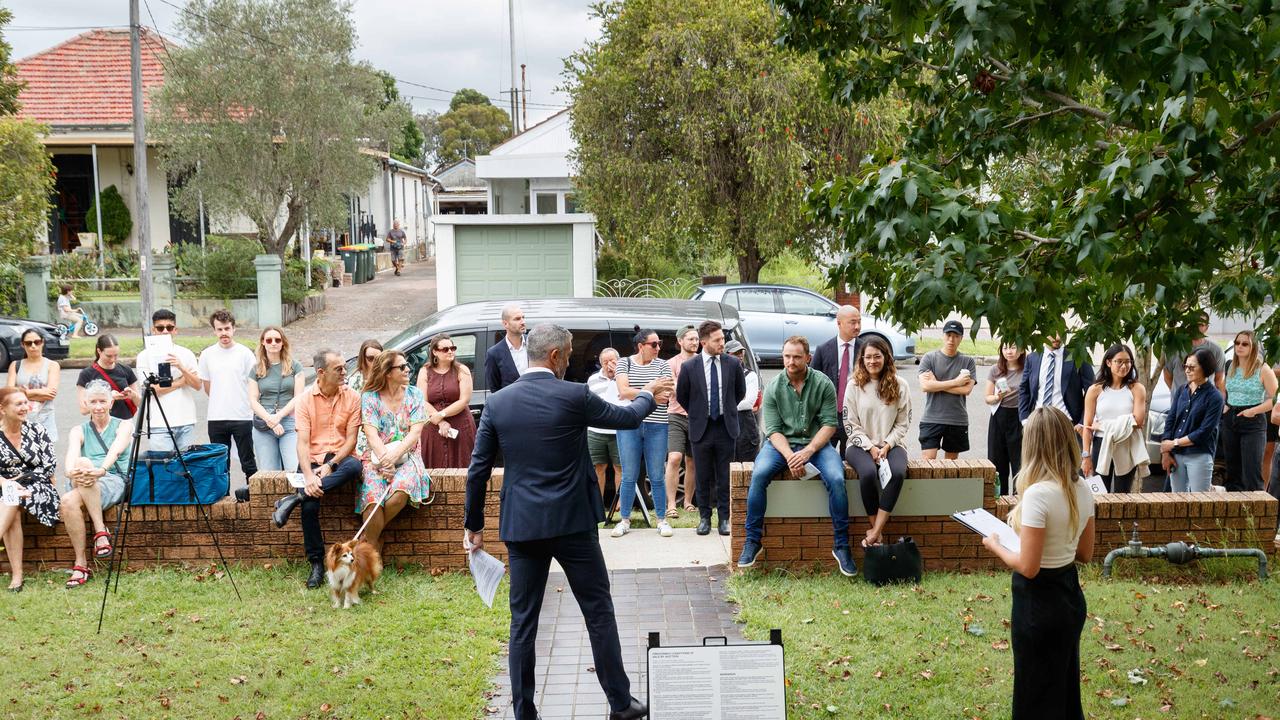‘$120bn bonus boost’ if replacing business investment visas with more skilled workers
The Grattan Institute says replacing business investment visas with more skilled worker visas would boost Australia’s dividend from migrants by $3bn over the next decade.

Killing off business investment visas and replacing them with more skilled worker visas would boost Australia’s dividend from migrants by $3bn over the next decade, the Grattan Institute says.
This was because business investment visa holders retire about 20 years earlier than the younger skilled workers who would replace them.
The huge dividend would amount to nearly $120bn over the next 30 years – the same benefit to the budget as abolishing negative gearing, according to Grattan’s economic policy program director, Brendan Coates.
“It’s a very big budget saving in the long term that can be done with a flick of a pen, that doesn’t require all the political angst of some of the big tax changes and spending cuts we need to balance the budget,” Mr Coates said.
“And it’s just sitting there waiting for a treasurer to pick up this $120bn bill off the sidewalk.”
The dividend calculation might change if the 35,000 extra skilled worker visas for this year’s intake announced by the government at the jobs summit were to become permanent.
The current Business Investment and Innovation Program should be abolished because few investors are financing projects that would not otherwise occur or providing entrepreneurial acumen that will benefit the Australian community, the Grattan Institute says.
“All our research shows that you maximise the benefits to the Australian community from permanent skilled migration if we target younger, highly skilled people who are going to earn high wages in Australia - the business investment visa program does exactly the opposite,” Mr Coates said.
“They are on average over the age of 45. They tend to speak little or no English, they have poor skills, they’re unlikely to add much innovation or, more broadly, to be making an economic contribution to Australia.”

The Significant Investor visa, which is aimed primarily at super-rich Chinese nationals, requires a minimum investment in Australia of $5m and confers an automatic right of permanent residence.
At least 600 wealthy Chinese citizens have acquired Australian citizenship under the red carpet scheme, figures obtained by The Australian reveal.
Investors can gain citizenship even if they spend only 40 days a year in Australia under the program and, unlike with other visas, they are not required to learn or speak English. There is no upper age limit.
“All they’re doing is parking $5m in Australia for a couple of years and they get to keep the returns and get permanent residency,” Mr Coates said. “But Australia is already a net exporter of capital – we’re not short of finance in Australia. The bigger concern there … is the risk around integrity. It is a big integrity risk because you’re essentially selling visas and … on the cheap.”
There is no requirement for Significant Investors to make personal assets subject to taxation in Australia and their investment requirement ceases the moment they secure permanent residency.
“Economists are fond of saying there’s no such thing as a free lunch. We reckon abolishing the business investment visa is a $120bn free lunch, waiting for the government to tuck into it,” said Mr Coates. “Budgetary savings over three decades from abolishing this program and replacing it with more skilled worker visas is in line with the costs of the budgetary savings for abolishing negative gearing.”
Fragomen, which pitches itself as the premier immigration services provider in Australia, openly admits the schemes are viewed by applicants “primarily as the means by which they … create a pathway to Australian permanent residency and citizenship for them and their family.”
Australian Treasury calculations suggest a business investment visa holder will cost Australian taxpayers $120,000 more in public services than they pay in taxes over their lifetimes.
That compares to an average positive dividend of $198,000 over the lifetime of other skilled migrants.








To join the conversation, please log in. Don't have an account? Register
Join the conversation, you are commenting as Logout